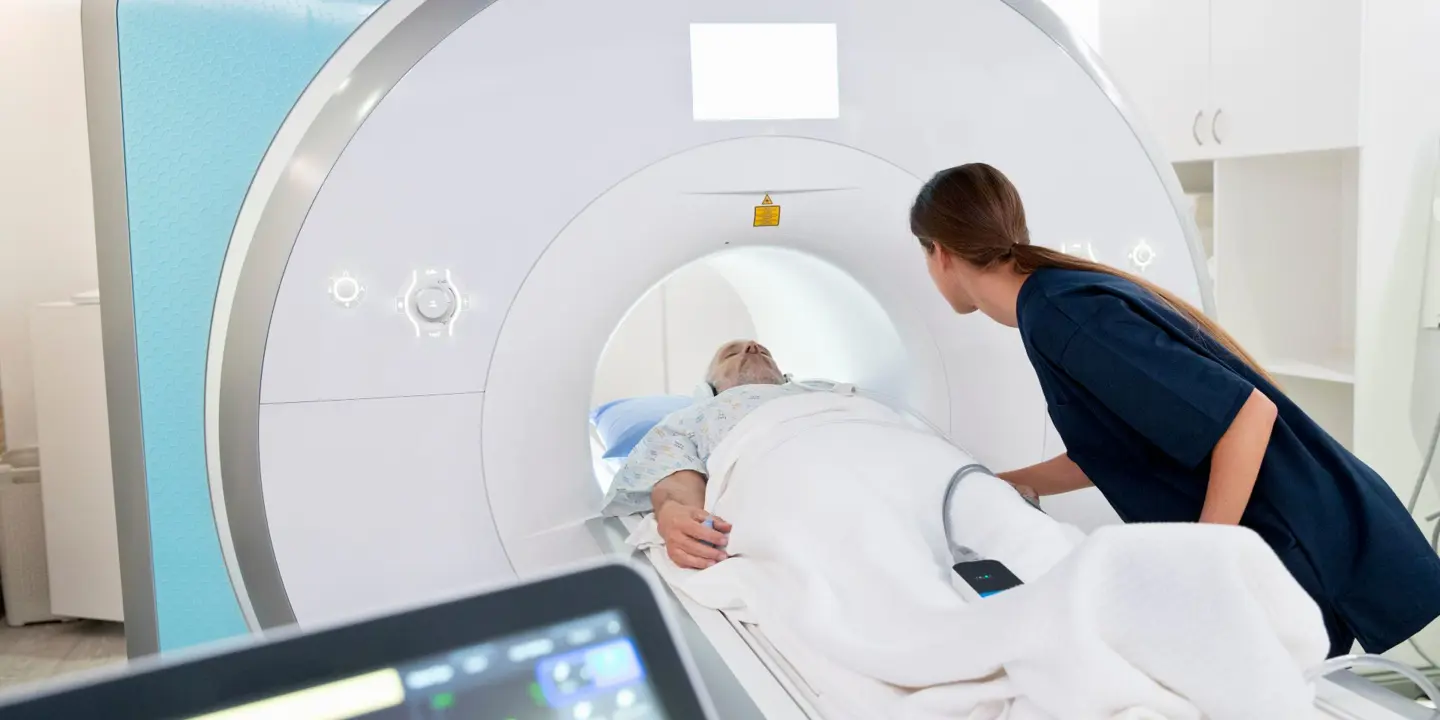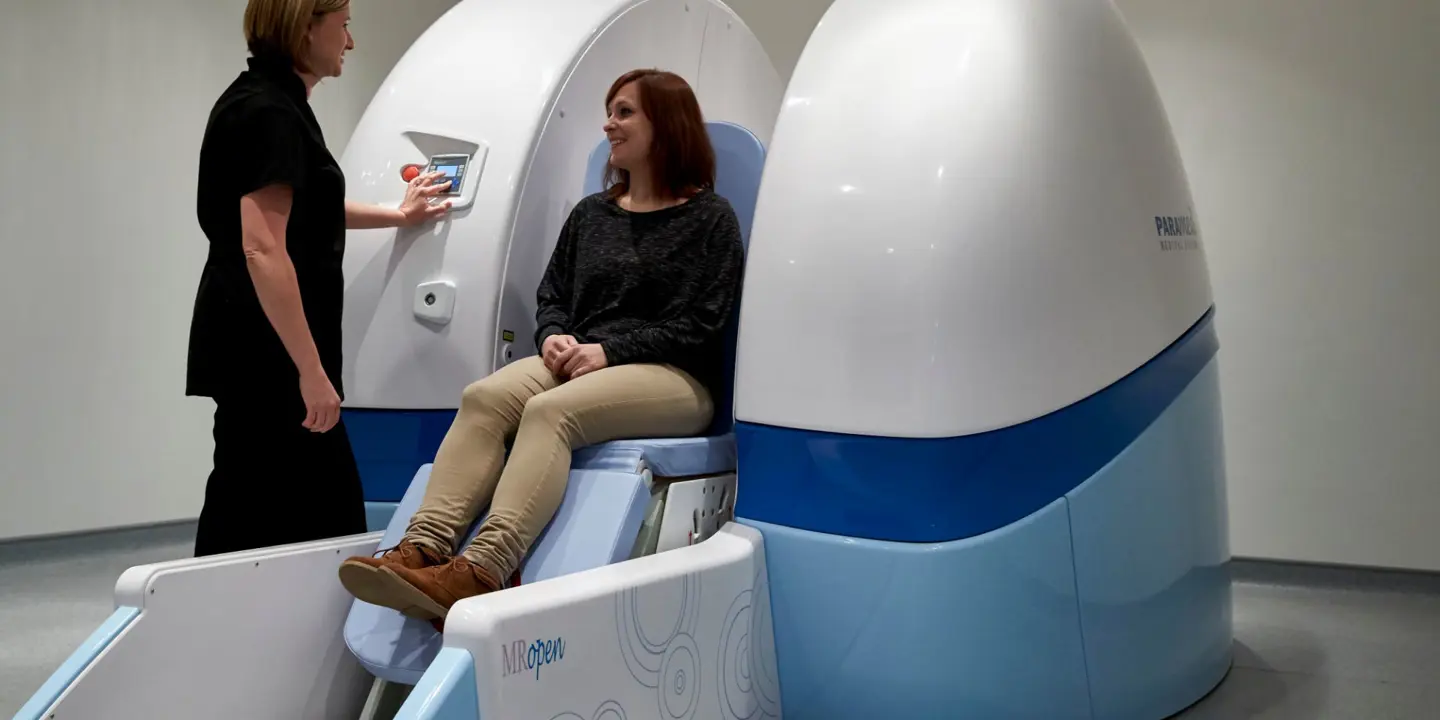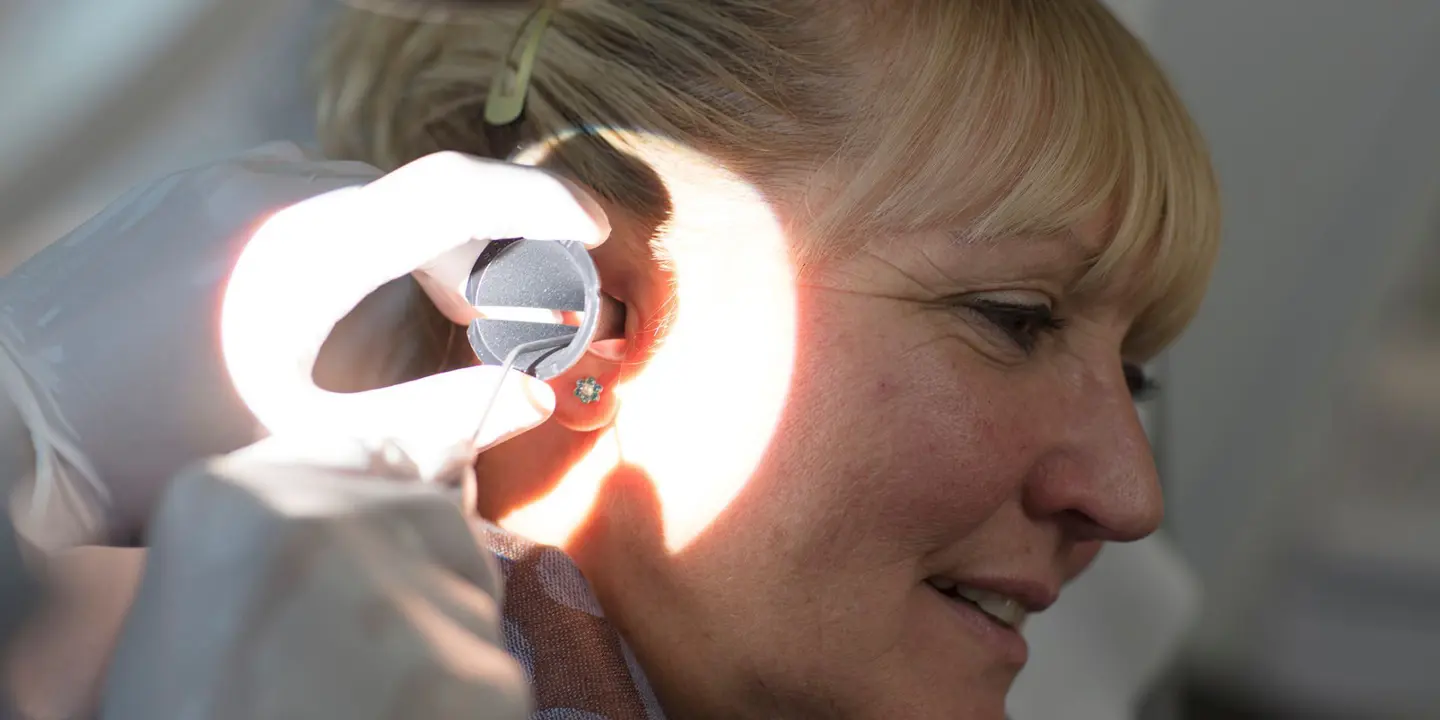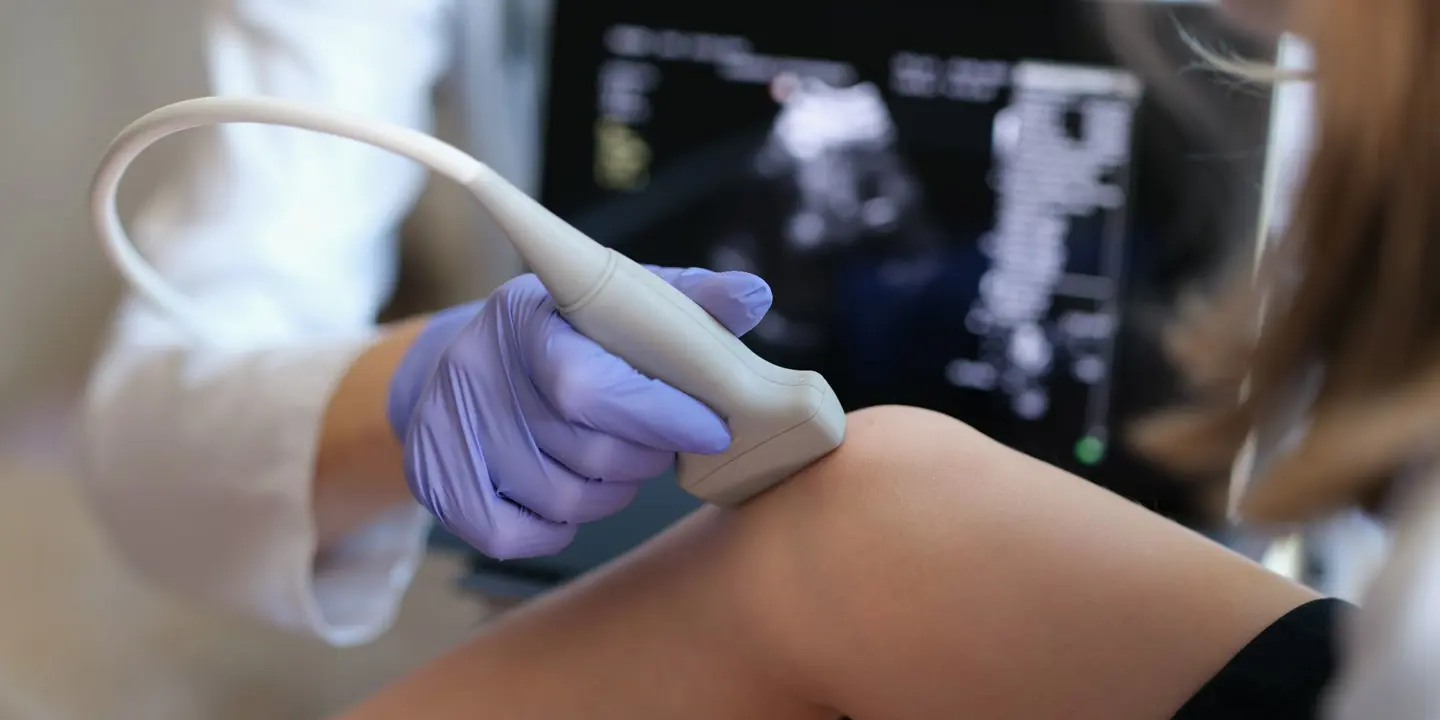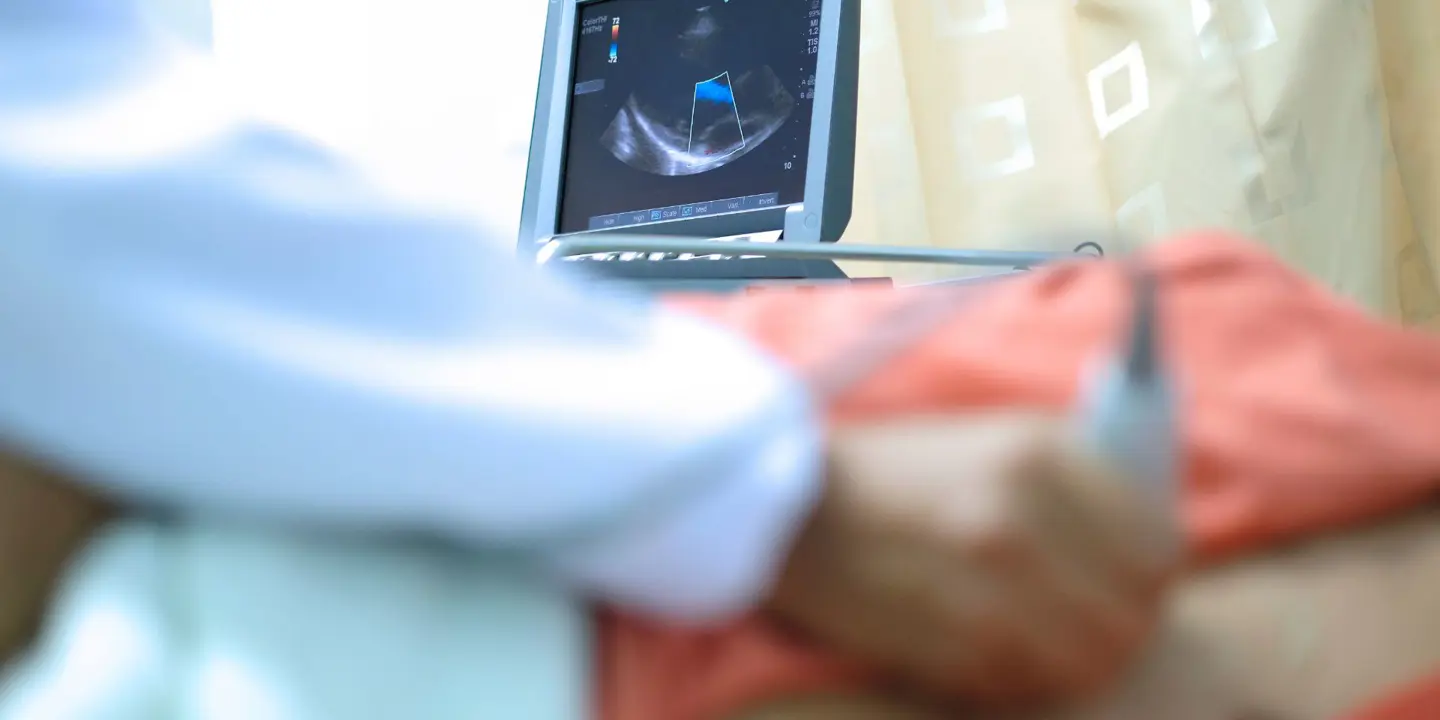Hypertension or high blood pressure (HBP) has evolved into a global health epidemic, affecting at least 1 in 4 adults globally. In the UK, HBP serves as the third biggest risk factor for life-threatening diseases such as heart failure, stroke and coronary artery disease.
More than observing a healthy lifestyle and diet, tracking your blood pressure and understanding what the numbers mean are crucial to preventing hypertension and related serious health conditions. Read on to learn more.
Blood Pressure Numbers Explained
Blood pressure (BP) is measured in millimeters of mercury (mmHg), using two numbers:
- Systolic Blood Pressure - the first number; indicates how much pressure the blood exerts on the walls of the arteries when the heart beats
- Diastolic Blood Pressure - the second number; measures the pressure levels in the arteries every time the heart rests between beats
For example, if the measurement reads "118 systolic and 78 diastolic," the numbers are read as "118 over 78" and written as "118/78 mmHg."
How to Measure BP Levels
Blood pressure can be measured manually using an instrument called a sphygmomanometer. However, more advanced tools like a digital blood pressure monitor allow patients to take their BP levels more easily and quickly.
For a reliable reading, ensure that you are adequately rested before taking your BP levels. Take the time to sit down for at least three minutes until your breathing normalises.
Blood Pressure Classifications
Doctors classify blood pressure into five categories. Understanding each of them will help you and your doctor identify the best course of treatment.
Normal Reading
A normal blood pressure reading for healthy adults falls within the following ranges:
- A diastolic pressure higher than 60 mmHg and lower than 80 mmHg
- A systolic pressure greater than 90 mmHg but less than 120 mmHg
Elevated Reading
BP levels between 120–129 systolic and 80 mmHg diastolic are considered elevated. People with BP levels in this category are likely to develop high blood pressure unless preventative measures are taken.
Hypertension Stage 1
BP levels remain at 130–139 systolic or 80–89 mmHg diastolic. Your doctor may require you to make necessary lifestyle changes and prescribe medication to reduce the risk of atherosclerotic cardiovascular diseases (ASCVD) such as stroke and heart attack.
Hypertension Stage 2
Blood pressure stays at 140/90 mmHg or higher. To help you manage your symptoms, your doctor may prescribe medication and lifestyle changes.
Hypertensive Crisis
If you experience a sudden spike in blood pressure of 180/120 mmHg and above, seek medical attention immediately. Extremely high BP levels associated with a hypertensive crisis can lead to organ damage such as heart failure, stroke, aneurysm and angina. Symptoms include seizure, chest pain, difficulty breathing, headache or blurred vision and swelling.
Know Your Blood Pressure Numbers
Vista Health, a trusted healthcare provider in the UK, offers 24-hour ambulatory blood pressure monitoring (ABPM) to help diagnose hypertension and provide a clearer picture of blood pressure numbers. We'll provide you with accurate reports so that your physician can recommend the appropriate course of treatment for your condition.
Beyond blood pressure monitoring, we also provide other state-of-the-art diagnostic tests in the UK like echocardiograms, cardiac MRI scans and upright MRI scans.
Get in touch with us today to schedule an appointment.



